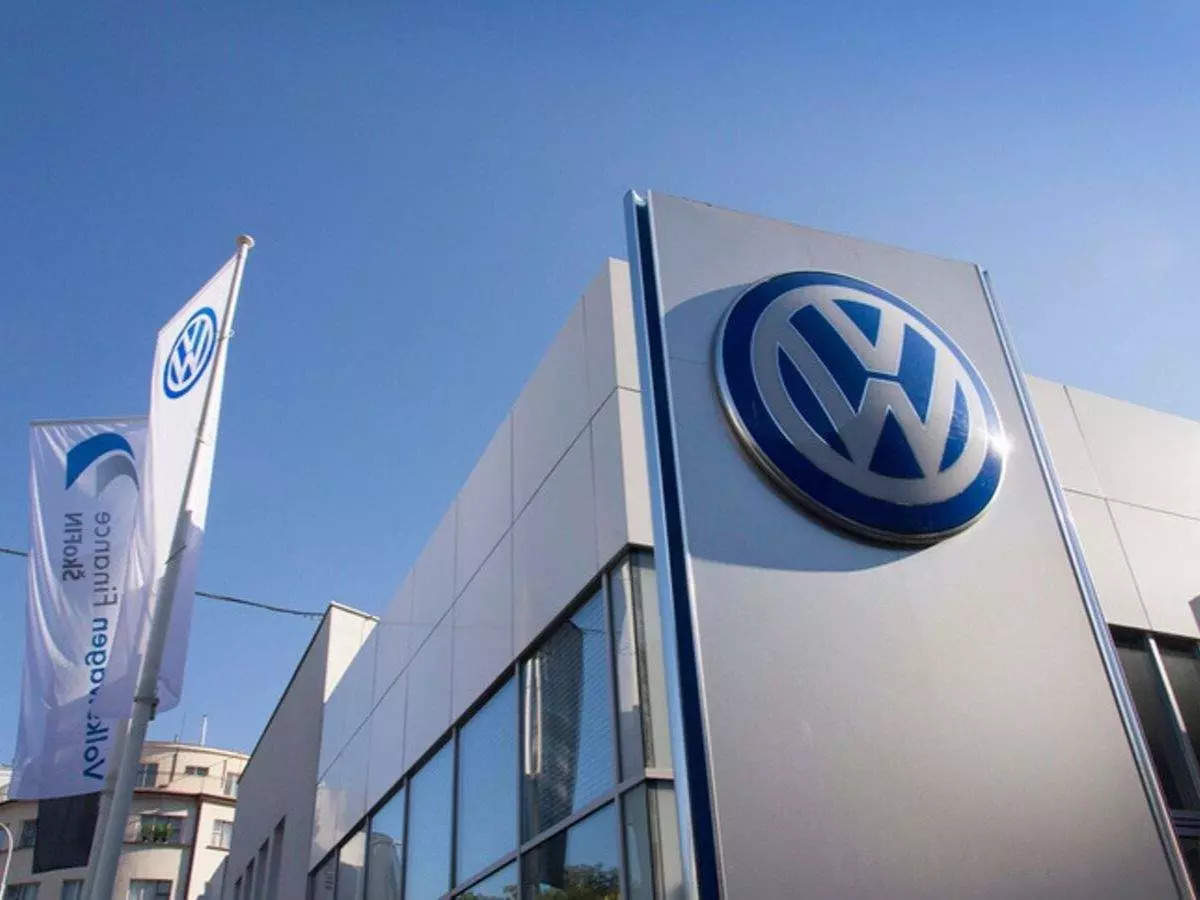Volkswagen India chooses profits over people 2022.

Volkswagen India chooses profits over people 2022.
The biggest automaker in the world, Volkswagen, was recently exposed for cheating on emissions tests with millions of its vehicles. More than 11 million automobiles had “defeat devices” fitted, which allowed them to pass emissions testing even though they would have usually failed. The illegal equipment recognizes when a vehicle is being evaluated and instructs the engine to emit 98 percent fewer pollutants into the air than it usually would when driving.
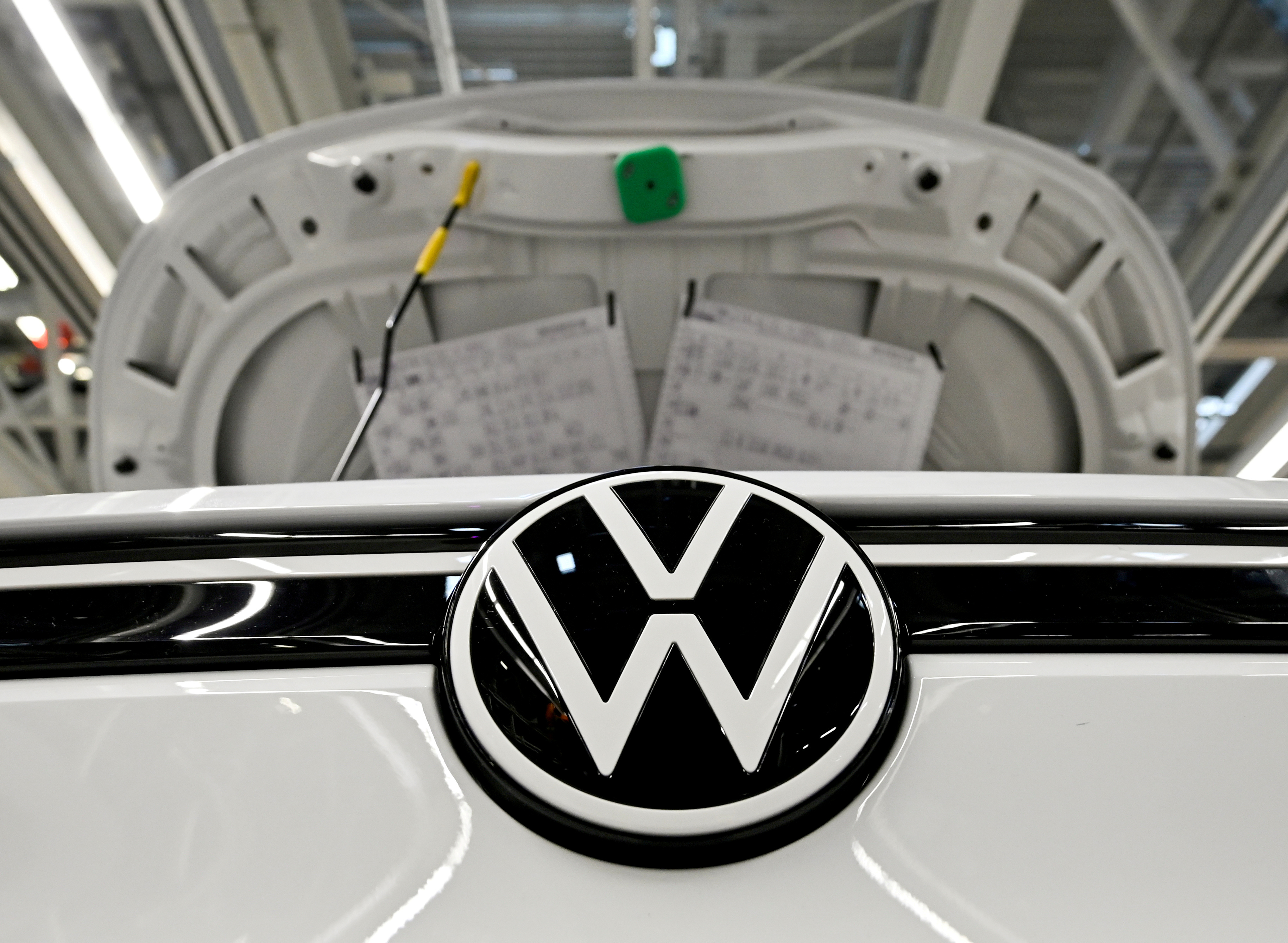
The corporation has suffered an immediate and severe loss as a result of the aftermath. Over 25% of the company’s total share value has been utterly destroyed in just one week. The governments of Germany and the United States have already pledged to impose severe fines; according to some reports, the sum might reach $10 billion to $20 billion. Sales have been halted, executives have quit, and a significant recall of modified vehicles is imminent.
Of course, these insights would be a bit of a shock if you were to accept the VW brand’s self-image at face value. Volkswagen has worked hard over the past few years to project an image that embodies accuracy, effectiveness and ecological awareness to the public. One recent advertisement said that VWs are “clean, quiet, and powerful.”
With claims of “clean diesel technology,” the corporation has courted millennials. In fact, before the scandal, the Djsi Index ranked VW as the world’s “greenest” and most ecologically conscientious automaker. This honor is only one of several that the business has collected over the years in recognition of its purported dedication to ecological sustainability.

The conflict between VW’s reputation as a “green” corporation and its systematic involvement in false pollution, on the one hand, is undoubtedly a major contributor to the public wrath toward the company. It is becoming easier to view the situation in ethical terms as a case where avarice caused those within the corporation to lose sight of what was right and wrong.
The general public will be persuaded to believe that this crisis is the product of the dishonest, cynical acts of a select group of business executives or “a few bad apples” at the pinnacle of Volkswagen. However, approaching the matter in this manner would be incorrect because it would cause us to ignore the more profound, structural issues with capitalism that this scandal exposes.
Which of the systemic issues is some of them? First, this controversy dispels a prevalent myth of our day that says we can improve the world by just altering our consumption patterns. These results dispel the notion that “progressive consumerism,” which holds that we can simply “vote with our dollars” to establish a greener, more sustainable world, can stop environmental damage.

There are many examples, but one that comes to mind is when Ford executives concluded that it was better to keep producing the Pinto for another six years rather than solve the issue and risk losing significant market share to overseas compressed manufacturers in the 1970s. They estimated that exploding Pintos would cause at least 180 annual deaths. Still, they believed that the financial consequences of settling those lawsuits with the relatives of the deceased would be less than the revenues they would lose if they halted production and rebuilt the vehicle.
According to all accounts, VW management used a similar justification when they chose to falsify emissions testing. They merely pursued ever-greater profits ruthlessly and mercilessly, as the system promotes capitalists to do. Individual capitalist enterprises are under tremendous pressure from the marketplace to cut corners and decrease costs whenever feasible, even if doing so means putting people’s lives and the environment at risk or breaching the law.
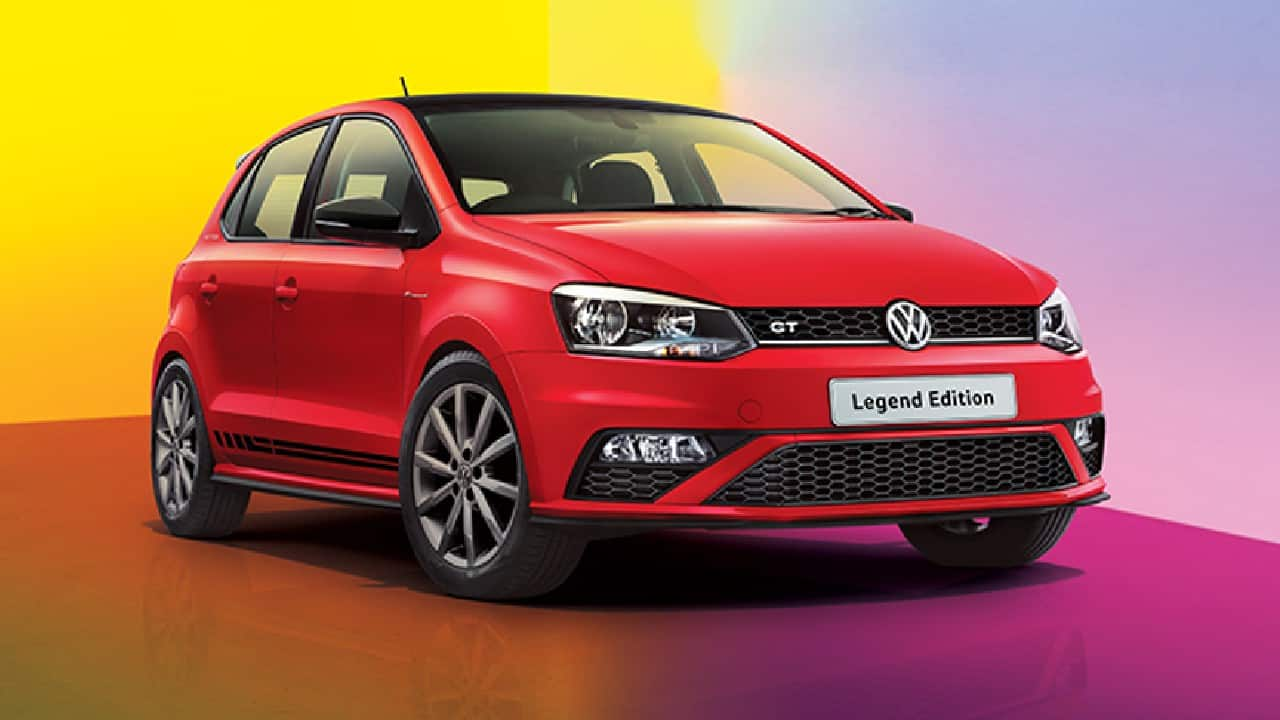
A company that doesn’t make savings invites competition from those that do. The end effect is a race to the bottom where businesses habitually sacrifice the ecological stability of the globe to increase their market dominance and profits. Thus, the emphasis on unrestrained, fierce competition for profit that is frequently held up as capitalism’s defining characteristic really explains some of its worst consequences on people and the environment.
Uncertainty surrounds the future of this developing controversy. Still, one can only hope that the outcry over Volkswagen’s extensive “greenwashing” campaign will encourage more people to ask more probing questions about business and the environment. We have to ask about more basic concerns rather than concentrating on the guilt of high-ranking VW employees, which is significant.
Why did anyone ever believe that profit-driven businesses like VW, encouraged by international competition, would prioritize environmental sustainability more than their bottom line? Why could anyone believe that the ecological destiny of the earth should be committed to a business dedicated to having more people use private vehicles and fossil fuels?
And why don’t we focus on finding ways to generate fewer vehicles in the first place while putting more effort and money into public bicycles, streetcars, and trains?
Volkswagen nearly seems like a firm that puts profits above its employees. The company has been involved in a number of scandals and frauds. An Indian scientist employed for the corporation disclosed a scam in which they had committed a diesel fraud and was subsequently removed from his position.
Since the revelation of the diesel gate scandal, the Volkswagen Group has come under scrutiny. Porsche was penalized €35 million for the four-year-old incident. The Volkswagen corporation acknowledged that it cheated on emissions testing for 11 million diesel vehicles globally, which was followed by many rules that were implemented.
A tiny group of engineers discovered this fraud. Students Marc Besch, Hemanth Kappanna, and Arvind Thiruvengadam from India. When Hemanth Kappanna, an Indian engineer, was sacked from the corporation, he played a significant part in revealing the wrongdoing.

The business engaged in a different fraud in which it sold used cars to customers who contacted them online without insisting on a road test. In addition to this, there have also been other Volkswagen-related scams that have seriously damaged public confidence in the firm.
Volkswagen reduces its carbon footprint. The Kajal testing in India is about to undergo a significant shift as a result of the scandal. A highly senior individual who worked for the testing organization, the Automotive Research Indian Association (ARAI), claims that the current thought is to incorporate measures that will stop vehicle makers from cheating, such as the required emission test procedure. This will entail driving the test vehicle for Ana while it is equipped with a mobile testing unit. Aside from the standard practice of subjecting it to particular operating modes and laboratory settings.
According to specialists in the auto industry, VW’s cheating software was hard to detect because it used similar test settings but performed differently under each one. Another recent Volkswagen scam occurred, which the firm’s owner claims was caused by crony capitalism.
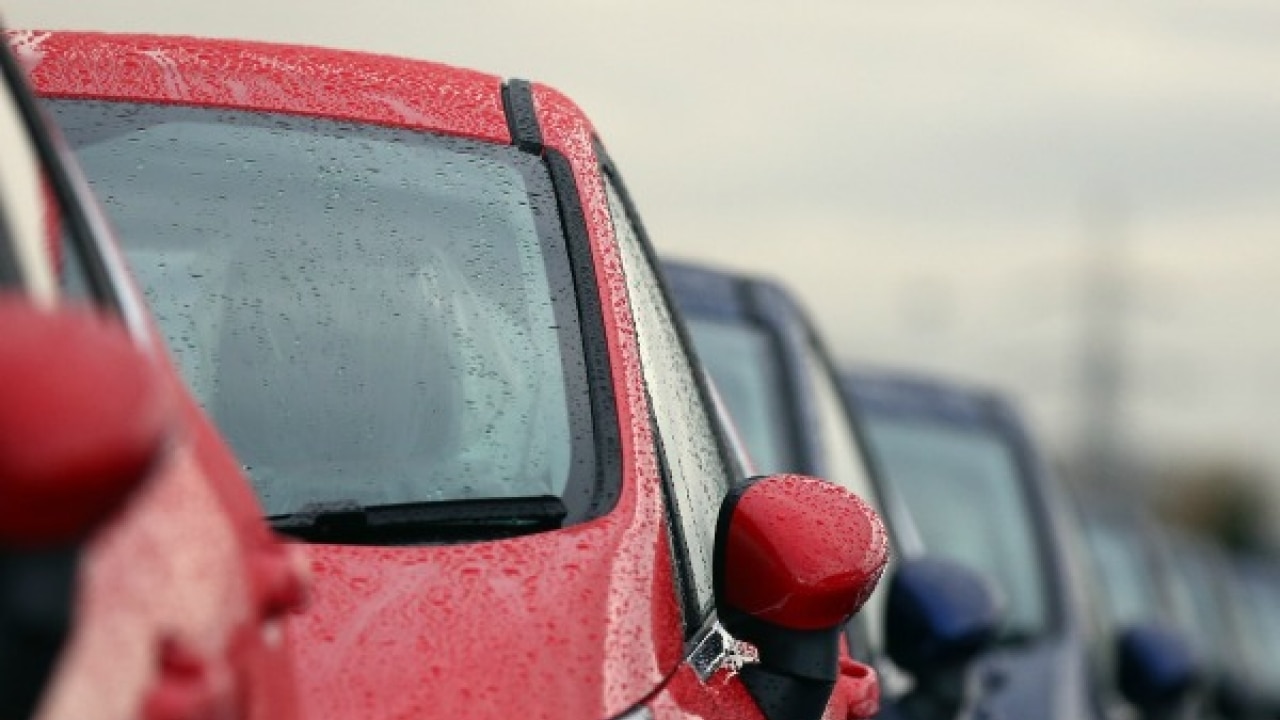
As a result of the Bangalore floods, his car was ruined. He pulled the car out during the heaviest downpour and drove it to the Apple Auto Whitefield showroom, where he had to push the vehicle into a towing truck at 11 p.m. while standing in waist-deep water. Nobody offered to assist him, but he still succeeded.
Then Volkswagen Apple Auto Whitefield offered him an estimated Rs. 22 lakh for a car that was initially valued at Rs. 11 lakh after 20 days. The insurance provider (Acko) advised that the vehicle would be written off as a complete loss and retrieved. He went to the dealership to pick up the legally non-operational car but was told there that he had to pay Rs. 44,840 in estimating fees (the industry typical is Rs. 5,000), and he could not drive away.
The business created a document for “Rs.44,840” for his car, which only costs Rs.600,000 at the moment. He also contacted Volkswagen India and sent them a letter; he was promised he would hear back from them in 48 hours.

But after receiving no reaction, he turned to the community for assistance in order to spread awareness of his plight, get his car returned, and even get his insurance money back and stop these vulture-like behaviors. According to his interactions with the company, the person has identified a few crucial points:
1. Volkswagen Apple Auto Whitefield bases its prices on your work and how much money it can extract from you.
2. They doubled down on activity on a vehicle that had been sitting on their property for over a week without any activity and promptly found someone to estimate it and slam a bill on us after I urged that they refrain from the exercise of the estimate until they charged a reasonable sum.
Customer service from the Vw India Apple Auto team
“If you buy a new vehicle from our dealership, we will cover these costs; otherwise, you will not receive insurance because of our assessment paperwork.”
3. The showroom personnel can hold your car captive even though you legally own it since they know you are now at their whim.
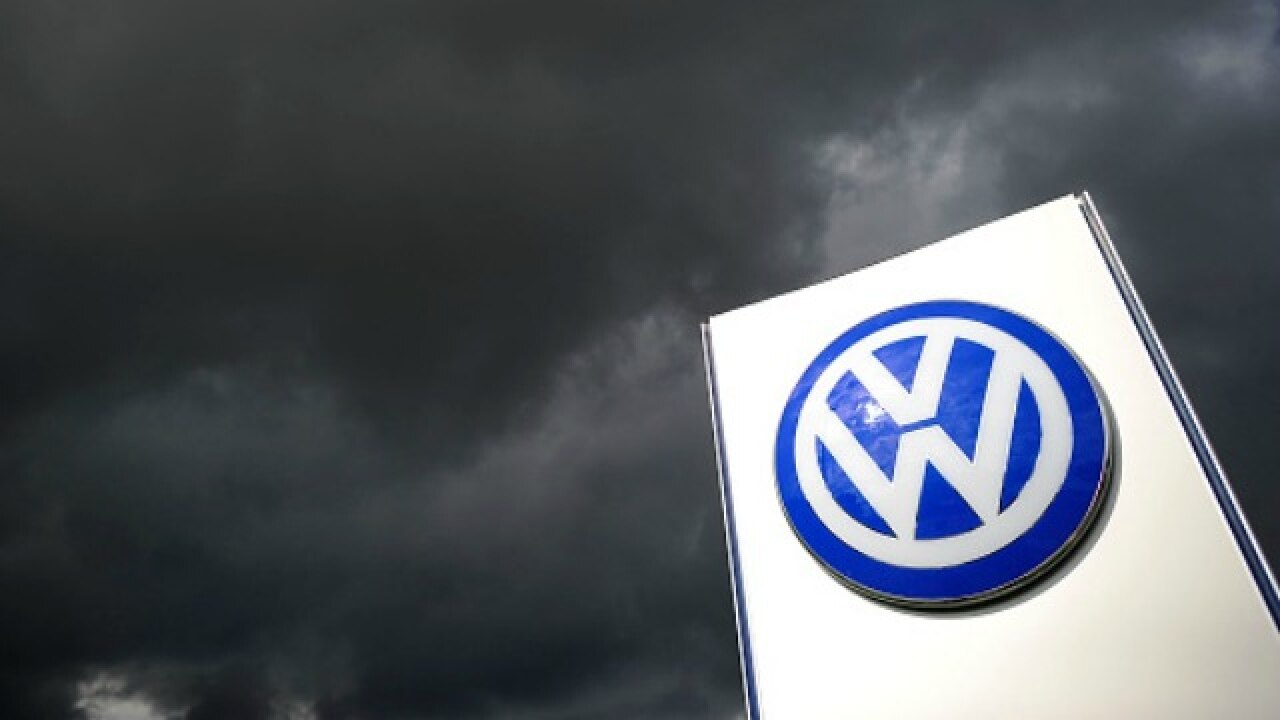
After the German automaker admitted to using technology in its diesel vehicles to get around American emissions tests, the government launched a probe into Volkswagen vehicles. After the German automaker admitted to using software in its diesel vehicles to get around American emissions tests, the government initiated an investigation into Volkswagen vehicles.
Last Friday, US officials said that the top-selling manufacturer in the world had put “defeat device” software in the Jetta, Beetle, and Golf models to fudge emissions readings. The emissions went over the allowed limits under typical circumstances.
The Indian government has asked the government-run testing organization Automotive Research Association of India (ARAI) to investigate if Volkswagen vehicles sold domestically breached any pollution regulations, as Indian rules are less strict than those in the US.
Ambuj Sharma, deputy secretary at the Department of Heavy Industry, told Reuters, “We have gone to the ARAI to find out whether Volkswagen is marketing the same vehicles in India that were found to be in violation of US laws.” A week has been given to ARAI to present its report.
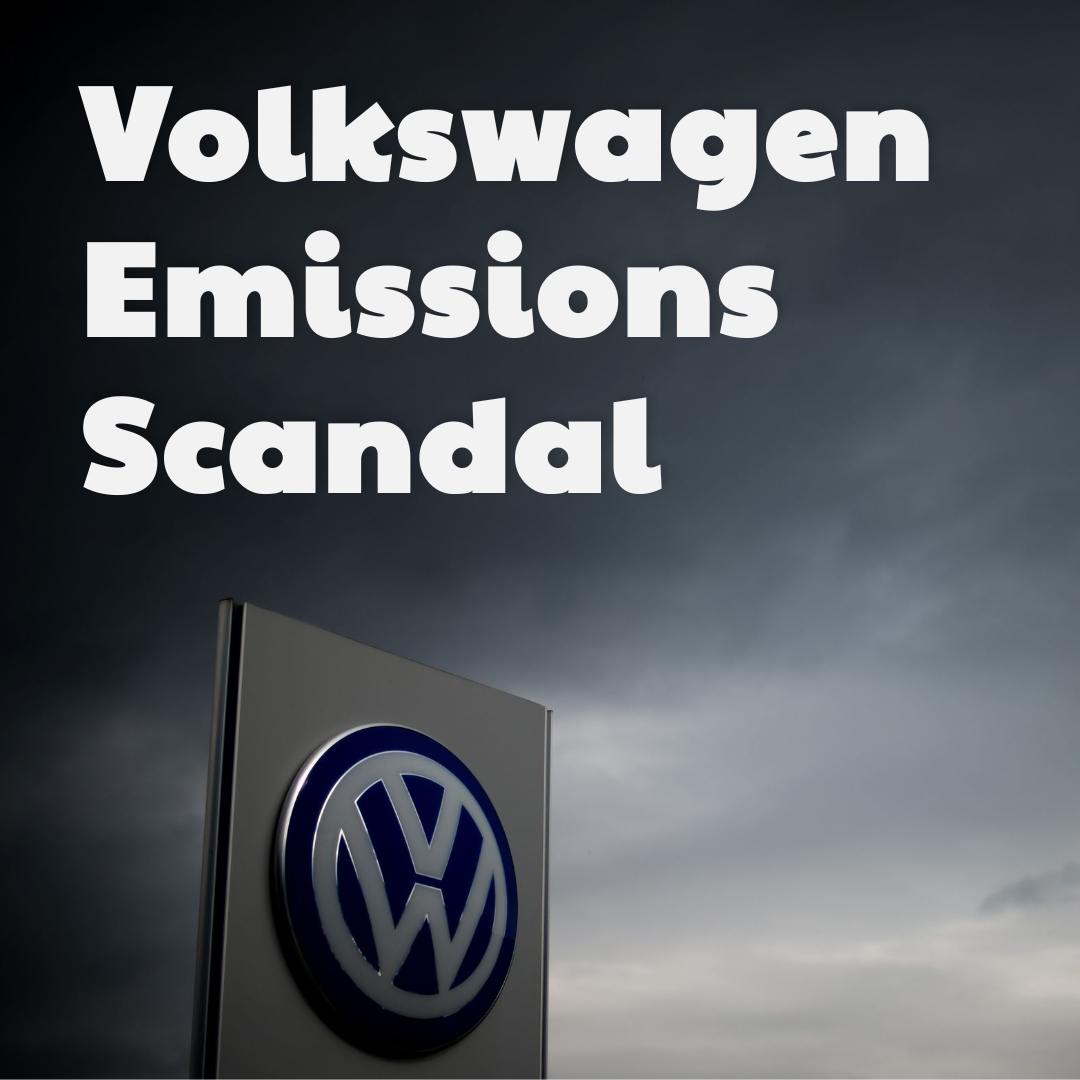
According to the official, the administration has not yet asked the automaker for clarification and would wait until it receives the report before acting further. Another senior person at the organization added, “We want to ascertain if what occurred in the US could transpire in India or not.” Volkswagen was unable for comments on Friday, an Indian national holiday.
According to Indian law, vehicles sold in 50 cities must meet Euro IV auto emission regulations, while the remainder of the nation must meet Euro III requirements. Through March of this year, Volkswagen produced around 107,000 vehicles in India, of which nearly two-thirds were exported. By 2018, it intends to increase the nation’s automobile capacity to 200,000 units.
According to experts, VW might be recalled vehicles, pay a fine, or even be prosecuted criminally if it is discovered that it violated Indian requirements.

